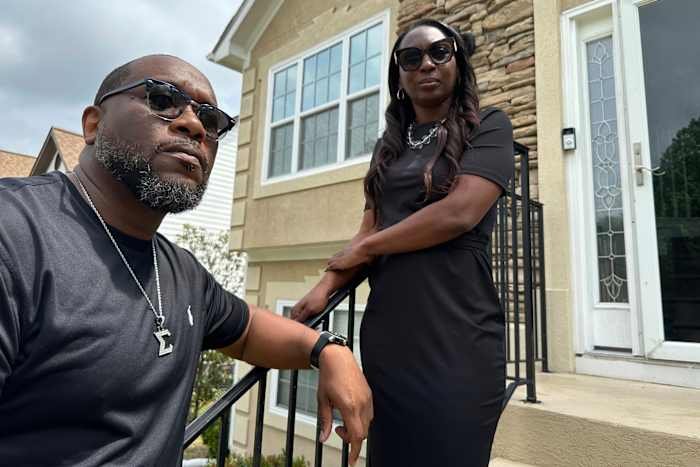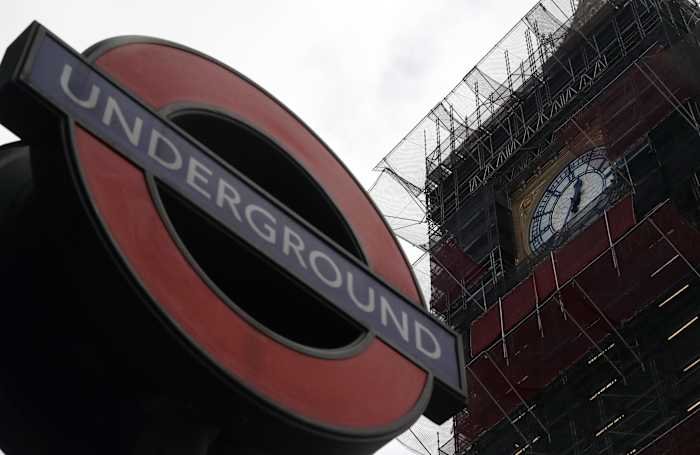In a case that has captured national attention, the U.S. Supreme Court is set to hear arguments surrounding an FBI raid that mistakenly targeted the wrong house in Atlanta. While the incident occurred hundreds of miles away, the outcome of this legal battle could have significant implications for citizens across the country—including right here in Orlando. As the highest court in the land prepares to weigh in, many are watching to see how their ruling may influence law enforcement accountability, civil rights protections, and local law enforcement practices in Central Florida.
The Background of the Atlanta FBI Raid
The controversy began several years ago when FBI agents, acting on a warrant, raided a home in Atlanta that turned out to be the wrong address. The innocent residents were subjected to a traumatic experience, and the incident sparked outrage and legal action. At the heart of the case is the question of whether federal agents can be held personally liable for mistakes made during such operations, or if they are shielded by a doctrine known as “qualified immunity.”
For many in Orlando, the story resonates because law enforcement errors are not confined to any single city. Similar incidents, though rare, have occurred in Florida, raising concerns about how agencies conduct investigations and what recourse is available to citizens who suffer from police mistakes.
What’s at Stake: Qualified Immunity and Its Impact
The Supreme Court’s decision will center on the controversial legal principle of qualified immunity, which often protects government officials from lawsuits unless they violated “clearly established” legal rights. Critics argue that this doctrine makes it nearly impossible for victims of police misconduct to achieve justice, while supporters claim it allows officers to do their jobs without fear of constant litigation.
Orlando residents should pay close attention because any changes in the interpretation of qualified immunity could directly affect how local police and federal agents operate in Central Florida. A ruling that narrows qualified immunity could make it easier for Orlandoans to seek legal remedies if they are wronged by law enforcement errors. Conversely, upholding broad immunity might leave victims with little recourse.
Potential Changes for Orlando Law Enforcement
While the case centers on an FBI operation in Atlanta, the Supreme Court’s ruling will set a precedent for all law enforcement agencies, including those in Orlando and across Florida. Police departments and federal agencies may need to revise training procedures, warrant protocols, and community engagement strategies depending on the outcome.
For example, the Orlando Police Department and Orange County Sheriff’s Office could face increased scrutiny over their policies for executing search warrants. Local officials may also need to offer more transparency and adopt stricter guidelines to avoid similar mistakes. For residents, this could mean a greater sense of security and more robust avenues for filing grievances if they believe their rights have been violated.
Community Impact and Civil Rights Concerns in Orlando
Incidents of mistaken raids can have lasting psychological and financial effects on families. In diverse communities like Orlando, where trust between law enforcement and residents is crucial, such cases can erode public confidence. Community leaders and civil rights organizations in Central Florida have long advocated for reforms that increase accountability and protect residents from government overreach.
The Supreme Court’s forthcoming decision could energize these efforts, providing new momentum for local discussions on police reform and civil rights protections. Regardless of the outcome, it will likely prompt renewed debate in Orlando about the balance between effective law enforcement and safeguarding individual liberties.
Why Orlando Should Watch This Case Closely
Though the events transpired in another state, the ramifications of the Supreme Court’s decision are national in scope. For Orlando, a city experiencing rapid growth and increasing diversity, the way law enforcement interacts with the community is more important than ever. A ruling that favors greater accountability could inspire local reforms, while one that upholds qualified immunity might prompt calls for legislative action at the state or city level.
Daily Orlando News will continue to cover this case as it develops, providing updates and expert analysis on how the Supreme Court’s decision could affect Orlando residents and local law enforcement practices.
Conclusion: Share Your Thoughts
The Supreme Court’s review of the Atlanta FBI raid case is a pivotal moment for civil rights and law enforcement procedures nationwide. For Orlando residents, the decision could shape the future of police accountability and citizen protections right here in Central Florida. What do you think? Should law enforcement officers be held personally responsible for mistakes made during raids? How do you feel this case could affect our community? We invite you to share your thoughts and join the conversation by leaving a comment below!
















